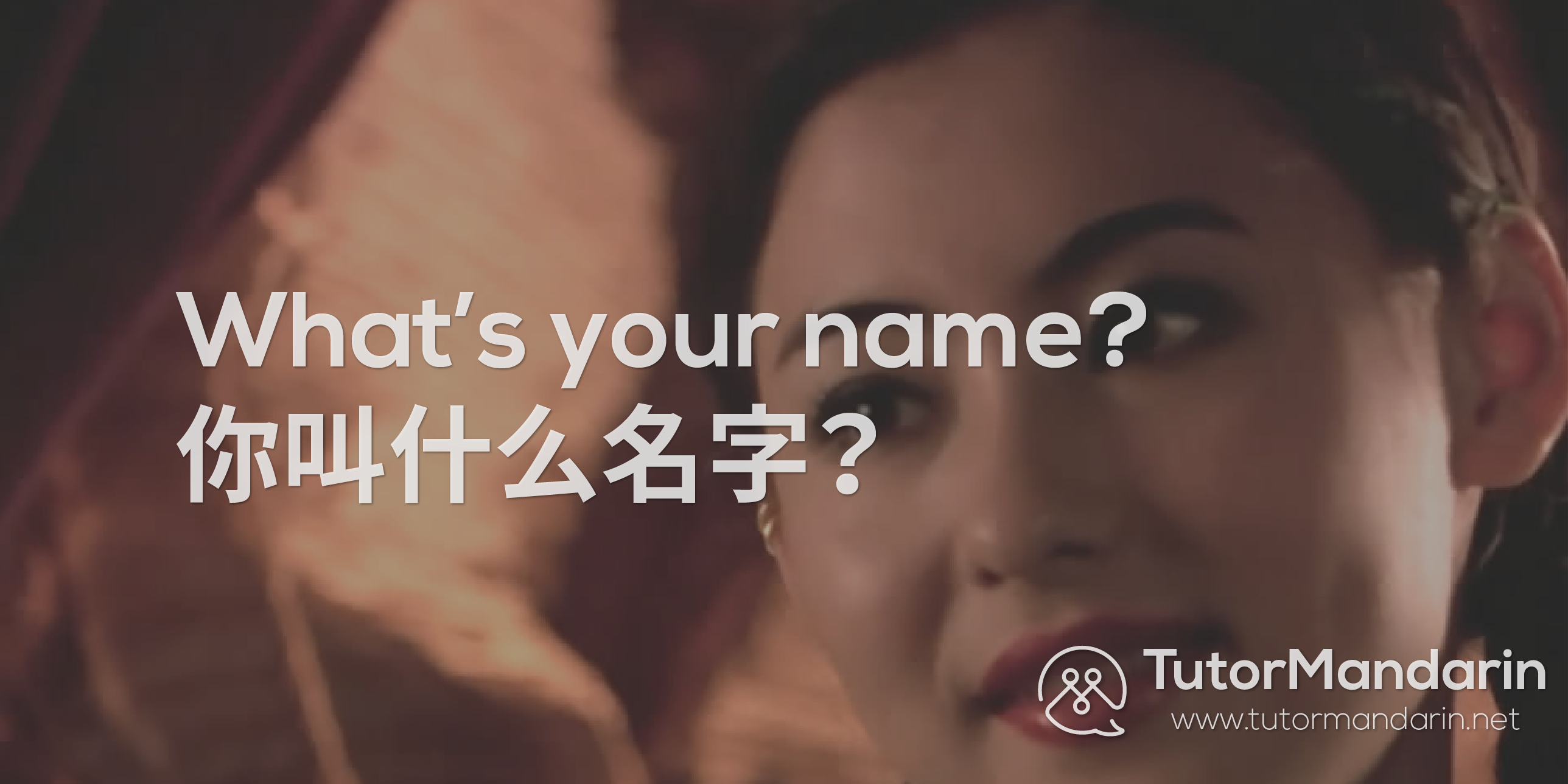
Common Chinese Slang Words
The Chinese language is challenging to access and complicated to learn. It takes time and patience to reach a high level of oral and written skills. If you already know how to greet people, catch on interesting (long!) words, are familiar with the Pinyin system of pronunciation, and read Chinese characters properly, you are then prepared to assimilate new info.
Learning a new language by the book is useful, but most of the times, not fun at all. Let’s spice up your day by helping you out with some new slang words! Get pumped and amaze your native Chinese friends
Contents
- 1 1. 算了 (suàn le)
- 2 2. 不咋的(bù zǎ de)
- 3 3. 才不呢(cái bù ne)
- 4 4. 花心(huā xīn)
- 5 5. 阿猫阿狗(ā māo ā gǒu)
- 6 6. MM
- 7 7. 你行你上 (nǐ xíng nǐ shàng)
- 8 8. 卖萌 (mài méng)
- 9 9. 520 (wǔ’èr líng)
- 10 10. 也是醉了(yěshì zuìle)
- 11 11. 土 (tǔ)
- 12 12. 颜值(Yánzhí)
- 13 13. 为……打call (Wèi…dǎ call)
- 14 14. 小鲜肉/老腊肉 (Xiǎo xiānròu/Lǎo làròu.)
- 15 15. 女汉子 (Nǚ hànzi)
- 16 16. 正能量/负能量 (Zhènɡ nénɡliànɡ)
- 17 17. 负能量(Fù nénɡliànɡ)
- 18 18. 心塞(Xīnsāi)
- 19 19. 吃土 (Chītǔ)
- 20 20. 套路 (Tàolù)
- 21 The Author Bio:
1. 算了 (suàn le)

“Just forget it, dude” – that’s similar to what suàn le means. It can be used in different situations, depending on the context. Most people use it as another form of “whatever” in everyday conversation. Sometimes it can mean “let it go,” but in a slightly negative way.
2. 不咋的(bù zǎ de)

When you know a person and he or she is “not that great,” use bù zǎ de. It can be also used with a sexual connotation. A good example would be “she is not as hot as you’d think.”
3. 才不呢(cái bù ne)

“Are you going to the movies today?” “Cái bù ne, I have to study!” “Get some college assignment help online and come later then!” “Cái bù ne, are you crazy?!”
This slang word means “no way,” or “don’t even think about it.” It can also be used in a drastic scenario, meaning “of course not!”
4. 花心(huā xīn)

Mostly used to describe males, huā xīn means “flower heart.” It usually refers to guys sleeping around and cheating on their girlfriends (highly unappreciative in Chinese culture!). It has a negative meaning.
5. 阿猫阿狗(ā māo ā gǒu)
“They have to find the right person for the job, not ā māo ā gǒu,” meaning not anyone and everyone. The English ‘slang’ translation would be ‘any Tom, Dick or Harry.”
6. MM

GG stands for ‘brother’ or ‘boy,’ while MM stands for ‘sis’ or ‘sister.’ It’s usually used to describe cute little girls. It’s Internet-original slang!
7. 你行你上 (nǐ xíng nǐ shàng)
Translated to “you can you up,” nǐ xíng nǐ shàng literally means “if you think you’ll be able to do it, then go ahead and do it.” It’s motivational and funny!
8. 卖萌 (mài méng)

If a girl pretends to be really pretty intentionally, mài méng is used to describe her attitude. Many teenagers use it to make fun of selfie-takers on the Internet!
9. 520 (wǔ’èr líng)

My favorite one, 520 or wǔ’èr líng means ‘I love you’ in Chinese. Can’t add anything else, the description says it all.
10. 也是醉了(yěshì zuìle)

If you are mad at your roomie for not washing the dishes and not paying her part of the rent, you can call her yěshì zuìle. The word is usually used to address an unreasonable behavior. It can also mean super-drunk, which is a tricky wordplay.
11. 土 (tǔ)

Tǔ is used when someone or something is basic, and most of the times, boring. “That dress looks tǔ on you! Don’t buy it!”
12. 颜值(Yánzhí)

When someone is beautiful, the Chinese say “its level of appearance is truly high” by using the word yánzhí. It’s a nice one to add to your vocab list!
13. 为……打call (Wèi…dǎ call)
It has two meanings: either literally calling someone, or supporting someone and cheering them up. Wèi…dǎ call can also mean “to bolster someone” (emotionally).
14. 小鲜肉/老腊肉 (Xiǎo xiānròu/Lǎo làròu.)
Used to describe young, handsome men, xiǎo xiānròu/lǎo làròu literally translates to “small fresh meat.” It might not be the most comfortable way to describe a young man, but it’s a must-known since it’s used so often.
15. 女汉子 (Nǚ hànzi)
If a girl/woman is really strong, they say she is nǚ hànzi. It means “she has the characteristics of a man,” which can be interpreted in many ways. If a feminist, don’t use it.
16. 正能量/负能量 (Zhènɡ nénɡliànɡ)

If you are dispensing good energy and positive vibes, you are zhènɡ nénɡliànɡ.
17. 负能量(Fù nénɡliànɡ)

If you are dispensing negative energy and non-peaceful vibes, you are fù nénɡliànɡ. So, be zhènɡ nénɡliànɡ!
18. 心塞(Xīnsāi)
In colloquial language, xīnsāi means “feeling suffocated, agitated, under constraint.” Literally, it means myocardial infarction.
19. 吃土 (Chītǔ)
When someone is very poor, they chītǔ, meaning “they eat dust.” Try to avoid using this one as well, but don’t forget it!
20. 套路 (Tàolù)

A ‘trickster’ would plan out something tàolù, which literally means trickery or strategy to accomplish something.
Wrapping Up
Learn these new slang words to amaze your friends! Show them that you can are one step ahead in the game. Be prepared to socialize and truly immerse in the Chinese culture. Good luck studying!
All students can practice writing with a live 1-on-1 tutor with TutorMandarin.
Sign up now for a free class!
The Author Bio:
Joe McLean is a professional writer who creates articles for some of the best assignment writing service agencies online. He wrote a lot of different essays and other types of textual assignments for high-school students, college graduates, and others who are in need of fast and reliable textual content.






